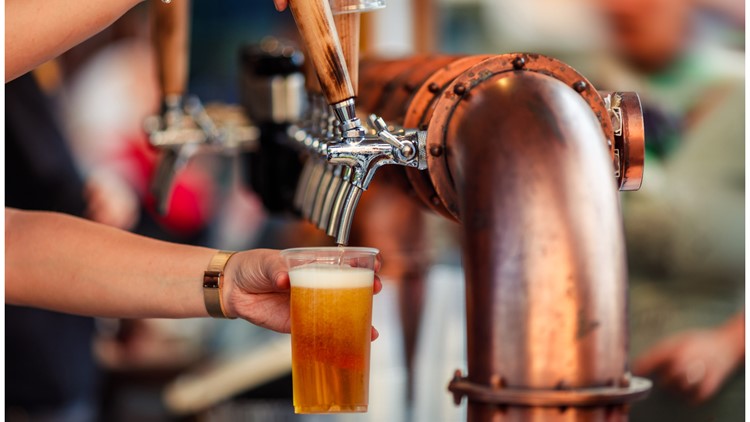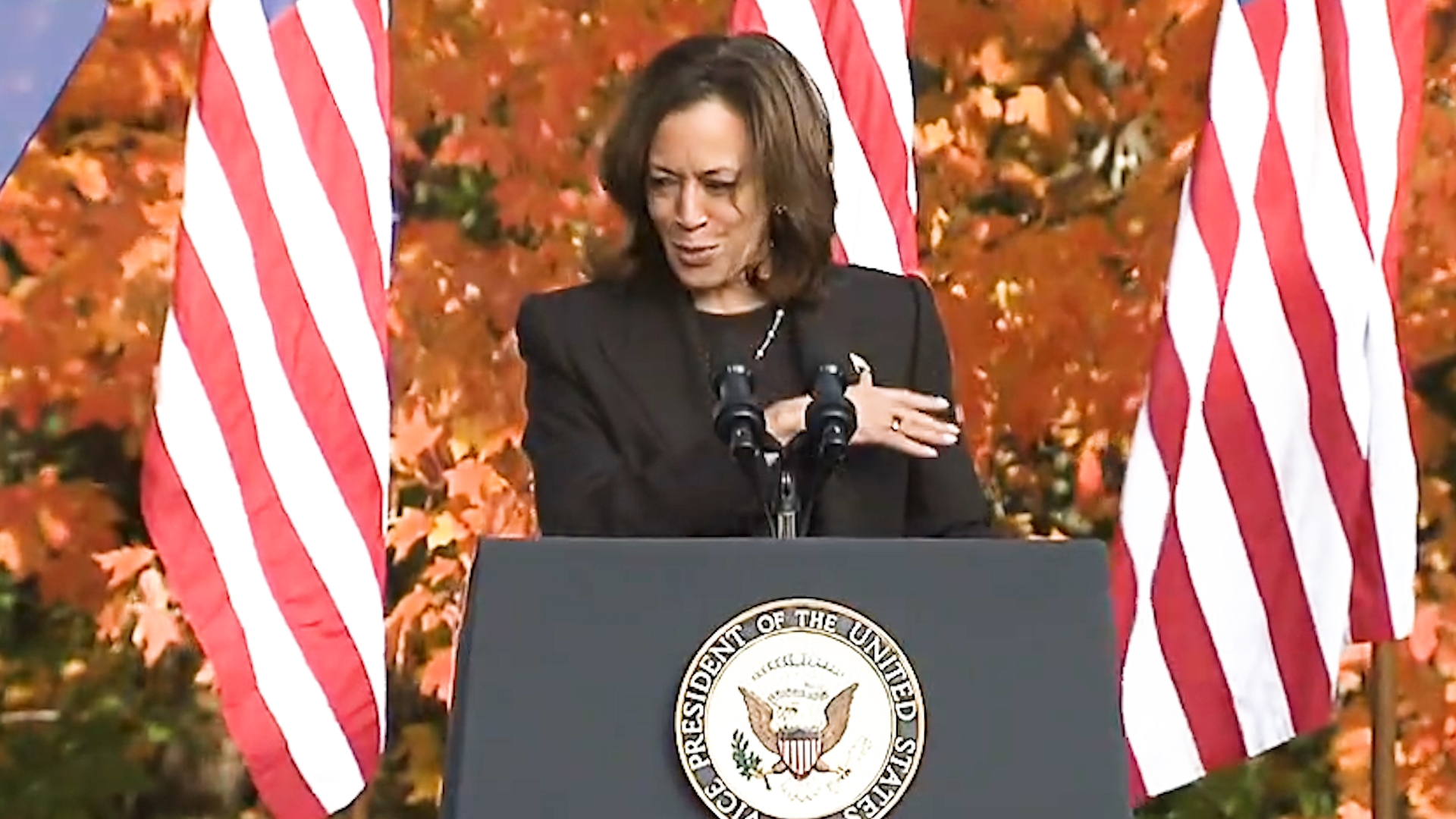Peticolas Brewing Company's eponymous owner and operator has only experienced anxiety twice in his life.
Michael Peticolas' was most recently struck by anxiety on March 16, when Dallas Mayor Eric Johnson announced all bars, lounges and taverns would be among the establishments closing to mitigate the coronavirus outbreak.
Four days later, beer-serving establishments across the state closed under an executive order from Texas Governor Greg Abbott. Sunday night, County Judge Clay Jenkins announced a shelter in place order, but counted breweries as essential businesses that could still offer beer-to-go.
For North Texas brewers such as Peticolas, the closure of breweries, taprooms, taverns and other places that serve their beer is financially devastating. Brewers are looking to a recently passed beer-to-go law and grocery store distribution to keep them afloat.
"This is pretty uncharted territory, and we're kind of taking it hour by hour," said Wim Bens, president and founder of Lakewood Brewing Company. "We're doing everything we can to work with our retailers and distributors to find solutions that will help—hopefully—weather the storm."
Earlier last week, Lakewood Brewing opened its drive-thru in front of its Garland location. Bens said as of Monday morning, Lakewood has had to furlough a few employees and its production volume has been slashed in half since the demand for beer has diminished.
About 50 percent of Oak Highlands Brewery revenue comes from delivering kegs and packaged beer to bars and restaurants, said Co-founder Brad Mall. Another 20 percent comes from the brewery's taproom.
With bars and restaurants closed, it is going to be tough in the foreseeable future to pay bills and keep employees compensated, Mall said.
"We expect that this level of cancellation will continue until the previously revised schedule begins on April 14," the executive said in an internal memo to employees.
Oak Highlands is expanding its hours to offer curbside pick-up every day and is benefitting from being distributed to grocery stores, but Mall said it comes with a caveat.
"When you walk into a grocery store, you have 80 choices," Mall said. "When you walk into a bar, (you have) five to 10. So, the volume turnover from a bar and a restaurant is much higher than it is in a grocery store."
For breweries that don't distribute to grocery stores, curbside pick-up is all that can be done.
Peticolas is more impacted more than others because the brewery's business model is based primarily on the distribution of kegs to restaurants and bars. The brewery, which sits in a warehouse tucked near the Design District, began to can its beer last September and is now operating curbside pick-up.
A small break for Texas breweries came when Texas Governor Greg Abbot issued a waiver that allowed restaurants to deliver alcohol with food purchases late last week. He also told the Texas Alcoholic Beverage Commission to waive provisions so manufacturers, wholesalers and retailers of alcoholic beverages could repurchase or sell back unopened inventory.
Despite this brief reprieve, Peticolas expects orders for restaurants and bars to stop sooner or later.
"I'm not allowed to deliver cans of beer directly to consumers," Peticolas said. "If we could start altering our delivery regimen from bars and restaurants to directly to consumers that would be an immense help to fill up the time."
Given how early things are, Peticolas isn't sure how much the coronavirus will impact revenue.
For now, Mall said there is not much to do beyond hoping for relief funds from the government.
"If they're quarantining everybody in place, the ripple effect is you're going to lose almost all your small businesses," Mall said. "Nobody has a contingency plan to shut their business down for extended periods of time."
For some breweries, the revenue hit isn't just limited to beer sales. Many taprooms operate as event centers which, as a result of shelter in place, can't be used, Bens said.
"I think it's just tip of the iceberg right now, and we're battening down the hatches and trying to get creative and still trying to get as much beer as possible out the door," Bens said. "We're having to pivot continuously to try and figure out a way through and a way to keep money coming in."
Not knowing what the future holds for his brewery still has Peticolas anxious. But for now, he said, it's a waiting game.
"The question is, what do you do moving forward," Peticolas said. "It's going to be rough. It's going to be rough on everybody."



